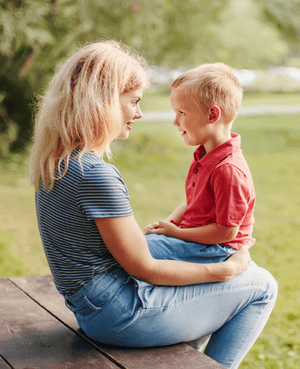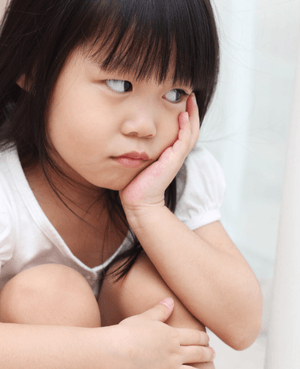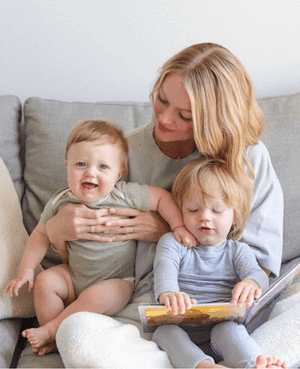Welcome to
the blog!
One of the things that I hear time and time again from parents is that it feels like parenthood is a constant tightrope walk. And knowing how to meet our children’s curiosity about sex without projecting our own (often complicated) feelings onto the conversation is certainly no exception.
Here to offer some clarity on how we can set developmentally appropriate expectations of our kids and gentle expectations of ourselves when it comes to talking to them about sex is Dr. Holly Richmond.
From learning language that can help keep your child safe, when and how to set appropriate boundaries, and how to introduce the concept of consent to young children, in this episode we will offer you a framework that you can use no matter your comfort level, so you can introduce topics related to sexual health in a manner that feels authentic and genuine to you.
read the full post ⟶

featured post

Peer rejection in toddlerhood is a normal and healthy part of development. While it may take some work for us to calm our own fight or flight response so we can be open to this, it can be helpful to try to lean in and open up a dialogue with our children in these instances so that we may build their compassion, empathy and social awareness.
Joining me today is the co-founder of our practice, Upshur Bren Psychology Group, Dr. Emily Upshur. We’ll dive deep into many of the ways we can do this with our young children, offering you tools and thought provoking prompts—whether your child is the aggressor or the recipient—to help you and your child navigate peer rejection.
keep reading ⟶

When we teach our young children to slow down, to notice their emotions, then equip them with tools for navigating their tricky feelings like disappointment, impatience, boredom, sadness, or anger, we lay the foundation for a kinder and more empathetic society.
keep reading ⟶

When we become parents for the second or third time, one of the most common experiences (that people often don’t talk about) is the grief parents feel for their big kiddo and the changes that are about to rock their world. That is just one of the many emotions, challenges and joys that come with expanding our families.